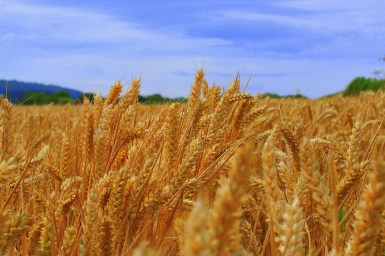Issue 209

Putting Australian Indigenous knowledge on the world map
Indigenous knowledge could soon sit side-by-side with western science in the world’s most comprehensive repository of information about Australia’s plant and animal species—the Atlas of Living Australia. Pilot projects in Arnhem Land and Cape York are revealing how the Atlas might support the needs and aspirations of different Traditional Owner groups.

Eureka! Finding solutions to plastic pollution
CSIRO researchers have been named finalists in the 2015 Eurkea Prize for Environmental Research for their work looking at plastic pollution in the oceans.

Australia has a big role to play in feeding the world
By embracing science and technology, Australia's agricultural industry could be more efficient, productive and sustainable.

Tree coring: only a flesh wound?
We can extract a lot of information from core samples taken from trees, but we may risk the health of valuable trees doing so. How do we find a balance between research and conservation?

Science can drive the sustainability of our precious soils, water and oceans
Australia’s soil, water, vegetation and biodiversity, and our vast marine estate, are incredibly valuable national assets, which need to be managed effectively. There are still significant gaps in our understanding of these components, and the ways in which they interact. We need to understand them so we can manage them sustainably.

Science and industry can provide opportunities for our common future
Scientists met in Paris recently for the major scientific conference in the lead up to November's UN climate change negotiations. They believe limiting warming to 2˚C is economically feasible, and can be an important contributor to sustainable economic growth.

Managing feral pigs on Cape York: it’s not a numbers game
About 3000 feral pigs are culled every year in the Archer River Basin on Cape York. But is this helping to protect the things we care about? Together, local people and scientists are building a case for targeted pig management in place of culling programs aimed at killing as many pigs as possible.

Cost-effective conservation helps species bounce back from brink
A new approach to help ecosystems bounce back after human disturbances was applied to a simulated disaster at Ningaloo Reef, and is applicable for decision-makers in other marine and terrestrial contexts.

Drawing the future of the Torres Strait Islands
The Torres Strait region faces potential pressures such as climate change, population growth, biosecurity and pollution risks, and the loss of traditional culture. Community members, leaders, government and scientists came together to find out how they could adapt to these pressures in a way that’s sustainable and equitable, and to identify what makes a community resilient.
